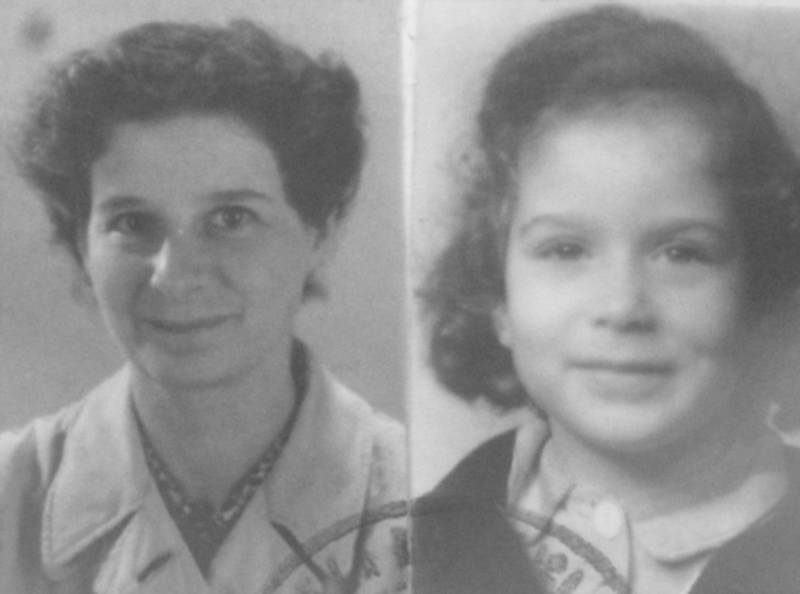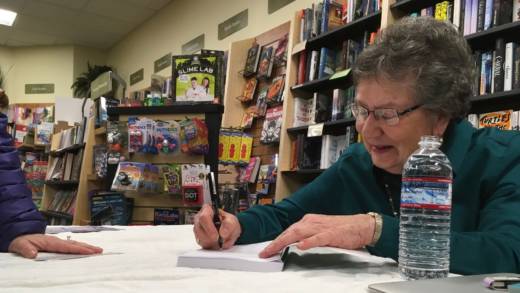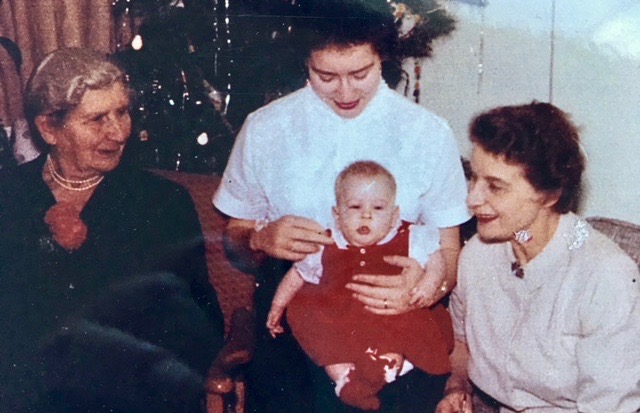On this International Holocaust Remembrance Day, let's take a moment to appreciate one local Holocaust survivor in Mountain View who’s made it her life’s mission to help people resolve conflicts.
Elisabeth Seaman, née Rosenthal, was born in 1938 in Rotterdam to German refugees fleeing the Nazis. After the Germans invaded Holland, they sent Seaman’s family to a concentration camp, Bergen-Belsen.
Her father died just months before World War II ended. She was six years old. After the war, together with her mother, Seaman embarked on a peripatetic childhood, moving to London, then El Salvador, and finally the San Francisco Bay Area, where she studied at UC Berkeley.
Seaman says her mother’s attitude about the Holocaust and its aftermath helped frame the experience for her. "My mother figured that she had to go on with life, and if she went around being angry and holding grudges, that wasn’t going to be very helpful."
Seaman adds, "Not that she condoned anything of what was going on. She certainly condemned the actions. But I also learned that people are basically good. When you think of a baby -- when they’re born, they’re wonderful, they’re new, they’ve got tremendous potential. Then things change them during their lives, and they may turn out to do cruel and terrible things.”

That early experience would eventually lead Seaman to a three-decade career in professional mediation, and a personal commitment to helping resolve conflict before they develop into catastrophes. “I’ve always been interested in any thing that can help make peace between people. I took to [mediation] like a duck takes to water.”


